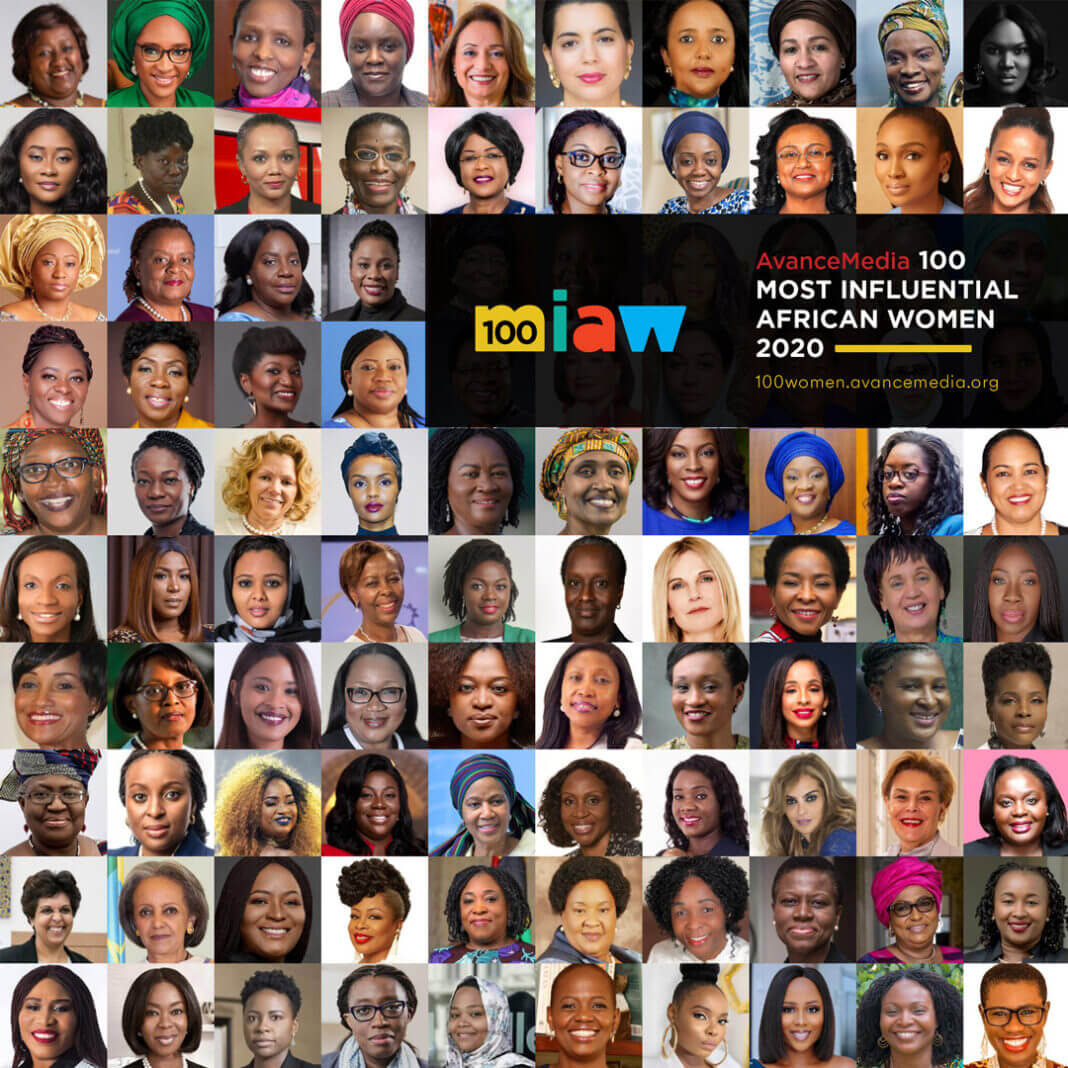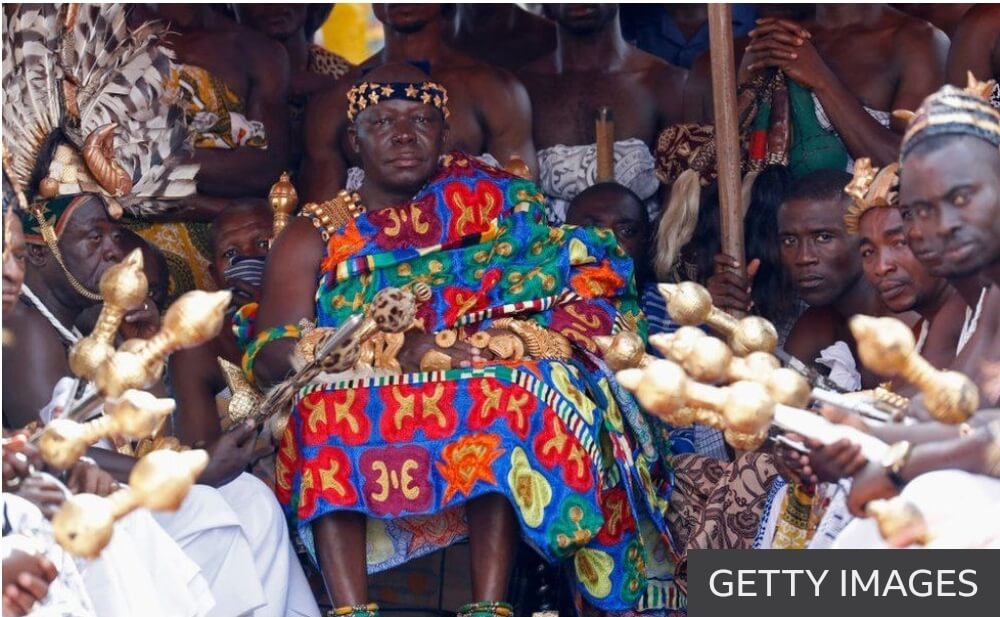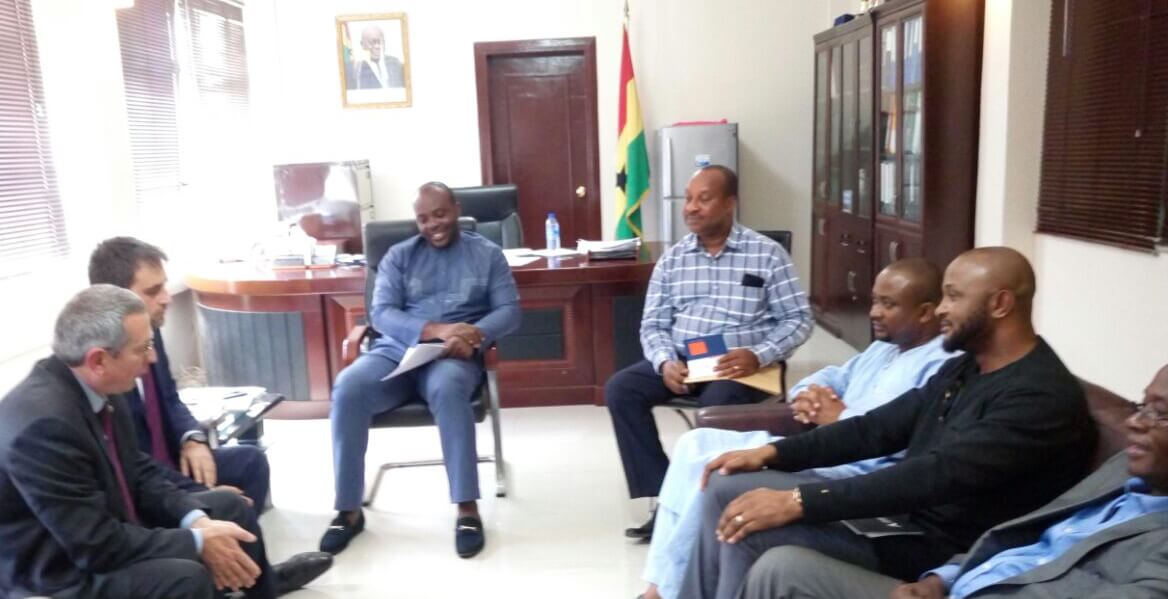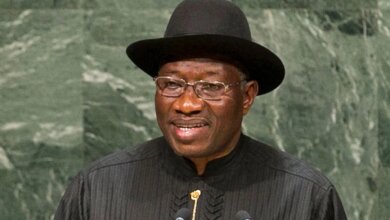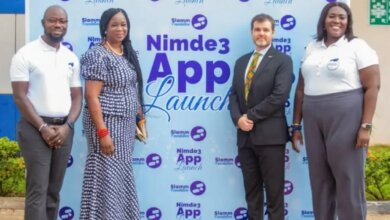Laurent Gbagbo in historic Hague trial
Laurent Gbagbo, former Ivorian president on January 28, 2016 pleaded not guilty to four charges of crimes against humanity as his trial opened five years after post-election violence ravaged his nation.
Mr Gbagbo becomes the first former head of state to stand in the dock at the International Criminal Court in The Hague, in a case that will test the tribunal’s avowed aim to deliver justice to the victims of the world’s worst crimes. Looking relaxed in a dark suit with a light blue shirt, Laurent Gbagbo, the one-time west African strongman had arrived smiling and shaking hands with his defence team.
Prosecutors accuse Mr Gbagbo and his co-accused, militia leader Charles Ble Goude, of orchestrating a plan to cling to power in the world’s top cocoa producer after being narrowly defeated by Alassane Ouattara in November 2010 elections.
The ensuing violence claimed some 3000 lives.
Mr Gbagbo, 70, and Mr Ble Goude, 44, denied four charges of crimes against humanity, which accused them of organising “a common plan to maintain him as president by all necessary means”.
Over the weeks the “implementation of the common plan had evolved to include an organisational policy to launch a widespread and systematic attack against civilians perceived to support Alassane Ouattara”.
Such crimes included murders, rapes, other inhumane acts and persecution, the court registrar said last night, reading out the charges.
Amid lingering divisions over the events of 2010-11, presiding judge Cuno Tarfusser vowed the ICC would “not allow this trial to be used as a political tool or implement in any way whatsoever”.
“I can assure you that the chamber will assess all the evidence in a completely impartial fashion,” he said.
It was their “task to determine … whether the charges are well established or not.”
Abidjan, one of Africa’s most cosmopolitan cities, was turned into a war zone between 2010 and 2011 as clashes flared between the rival forces in a deadly power struggle. But the international community, including former colonial power France, backed Mr Ouattara as the winner, and Mr Gbagbo was eventually arrested by Ouattara troops aided by UN and French forces, and extradited to the ICC in 2011.
Mr Gbagbo’s defence lawyer, Emmanuel Altit, insisted on Wednesday it was “an important trial for Cote d’Ivoire and for Africa” and would help “clarify and understand the tragic events that occurred in that country”.
Mr Gbagbo’s supporters accuse Paris of plotting to oust him, and charge that Mr Ouattara’s camp has not been investigated for also carrying out a string of abuses.
Prosecutor Fatou Bensouda said her investigations into other crimes committed during that period were launched last year and “intensifying”.
Rights groups say crimes were committed by both sides, and highlight that no charges have yet been brought against the camp of Mr Ouattara — just elected to a second term as president.
“The ICC’s ongoing investigation into crimes by the Ouattara side remains a critical avenue for victims to see justice,” said Param-Preet Singh, senior counsel for Human Rights Watch.
Mr Gbagbo’s defence has repeatedly denied there was an organised plan and insists the former trade unionist played a key role in installing a multi-party system in his nation — a regional powerhouse once held up as a beacon of democracy and stability.
Hundreds of Gbagbo supporters from the country’s large diaspora began descending on the new ICC building from before dawn.
Draped in orange flags, they played drums and chanted slogans in support of the former president.
“Our dream to see our president walk free starts today,” said Marius Boue, who travelled from northern France. “He is truly a man of the Ivorian people.”
One of the rally’s organisers, Abel Naki, said Gbagbo had been “kidnapped” and “deported” to the ICC.
“It reminds us of the years of slavery and colonisation.”
During the course of what will be a lengthy and complex trial, prosecutors intend to present 5300 elements of proof including hundreds of videos, as well as 138 potential witnesses.
Mr Gbagbo’s wife, Simone, is also wanted for crimes against humanity by the ICC, but she was sentenced to 20 years in an Ivorian jail last year and the government refuses to hand her over.
Source: AFP
Oral Ofori is Founder and Publisher at www.TheAfricanDream.net, a digital storyteller and producer, and also an information and research consultant.

